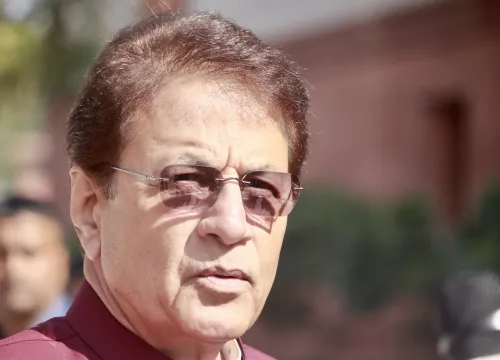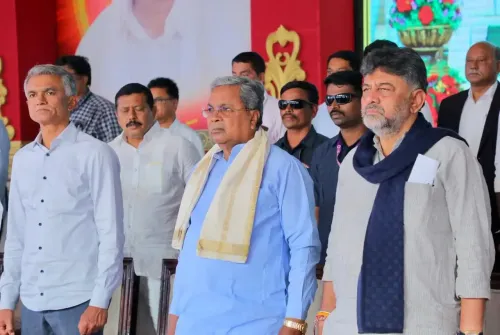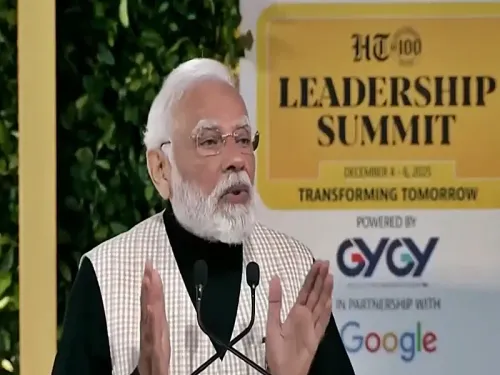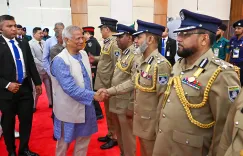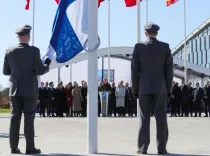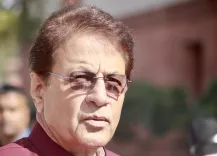Will Bengal See a 17% Surge in Polling Booths for Next Year's Assembly Elections?
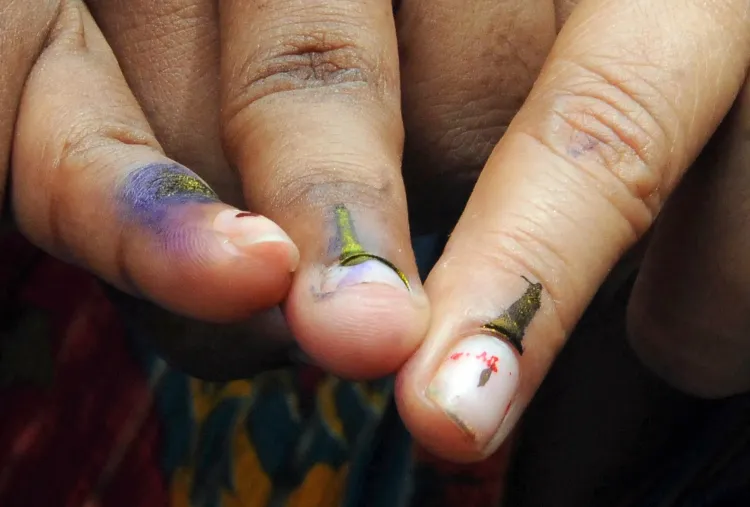
Synopsis
Key Takeaways
- 17% increase in polling booths for the upcoming elections.
- New total of 94,000 booths to enhance voter access.
- Mandatory limit of 1,200 voters per booth per ECI guidelines.
- Political tensions arise between Trinamool Congress and BJP.
- Last SIR occurred in 2002; new revision underway.
Kolkata, Aug 8 (NationPress) West Bengal is set to conduct its significant Assembly elections next year, featuring an almost 17 percent increase in polling booths compared to the 2024 Lok Sabha polls and the 2021 Assembly elections.
An insider from the Chief Electoral Officer's (CEO) office revealed that the previous two elections operated with a total of 80,680 polling booths.
As per insiders, the forthcoming 2026 Assembly elections will be supported by a network of slightly over 94,000 booths, marking a 16.50 percent rise over the numbers from earlier elections.
The rationale for this increase, as explained by the CEO's office insiders, is due to the Election Commission of India's (ECI) directive that mandates a maximum of 1,200 voters per booth. To comply with this guideline, a greater number of booths are necessary.
Political parties across the state have been informed about this increase in polling facilities.
On Thursday evening, the CEO's office notified the ECI that preparations are in place to initiate the process of Special Intensive Revision (SIR) in the state.
This communication was dispatched to the ECI headquarters in Delhi after compiling reports from various district election officers regarding the readiness for SIR at the district level.
The last SIR conducted in West Bengal was in 2002.
This year, a similar SIR process has been recently concluded in neighboring Bihar, where elections are scheduled later this year.
The SIR in West Bengal is anticipated to commence soon amidst ongoing political tensions surrounding the exercise.
The ruling Trinamool Congress has characterized the revision exercise as a strategy by the BJP to implement the NRC in West Bengal, alleging that the ECI is acting under the BJP's influence to secure its victory in the Assembly elections.
Conversely, the BJP claims that the Trinamool Congress and Chief Minister Mamata Banerjee are opposing the SIR out of apprehension that the names of numerous illegal Rohingya and Bangladeshi infiltrators may be removed from the voter list following the revision.


